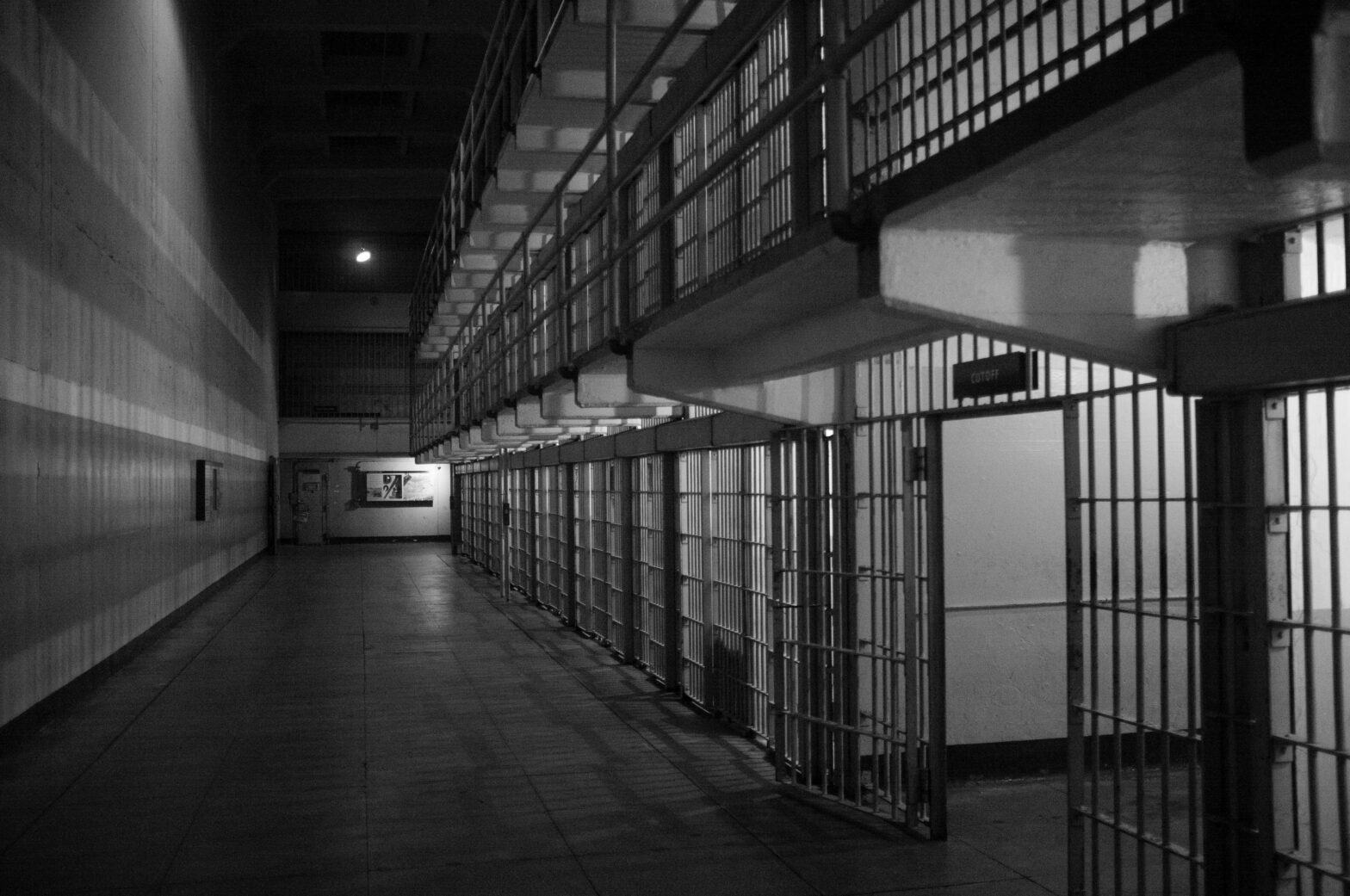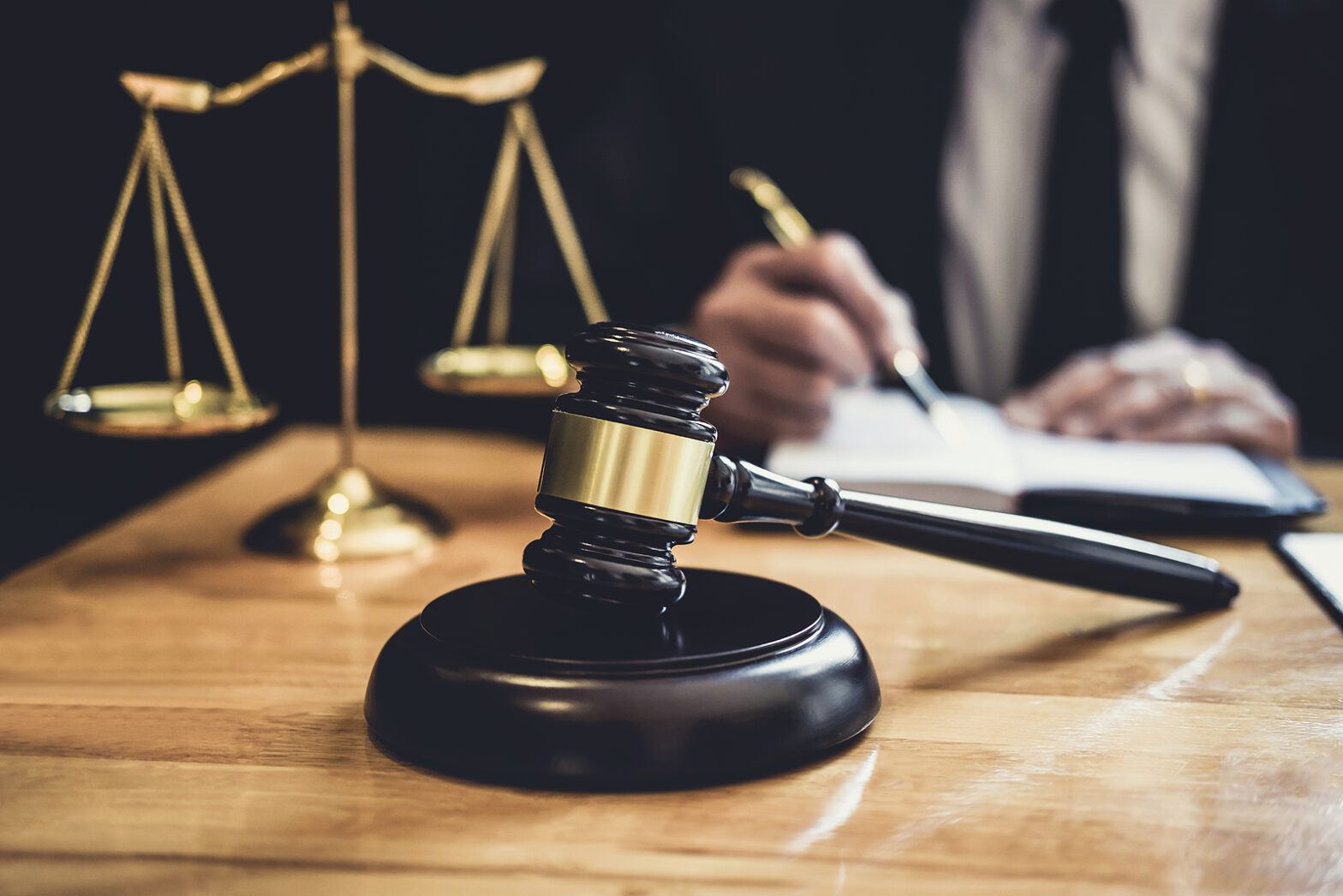What is Double Jeopardy and How Does it Apply in A Criminal Case?

Double jeopardy is the constitutional defense stating that a defendant in a criminal proceeding may not be prosecuted twice for the same crime by the same legal jurisdiction. This is a right guaranteed to all citizens under the Fifth Amendment of the U.S. Constitution and the California Constitution. Essentially, this means that once you are found not guilty of a certain criminal offense, you cannot be retried for that same incident. The purpose of this is to protect defendants against the burden of multiple trials. However, it is important to note that you can still be prosecuted for committing the same offense in a different occurrence.
There are limits to when double jeopardy applies. For example, double jeopardy does not apply if a jury cannot reach a verdict (resulting in what is commonly known as a hung jury) and neither convicts nor acquits the defendant. Furthermore, double jeopardy does not apply in civil cases, even when litigation arises from a related criminal offense. Double jeopardy also does not apply whenever more than one government entity has a lawful right to file a criminal complaint for an offense, such as when a crime may be prosecuted as either a state or federal offense. This is a legal concept known as “dual sovereignty.” If a defendant can be prosecuted by either California or the United States, both governments are free to pursue a conviction.
The Case of Bobby Lee Pearson
Bobby Lee Pearson, a five-time convicted felon, and his co-defendant were on trial for allegedly committing burglary. At the conclusion of the trial, the jury found Pearson’s co-defendant guilty. However, the evidence against Pearson was not as strong, and the jury was unable to come to a decision to render a verdict.
Eight of the twelve jurors in the Fresno County, Calif., Superior Court thought Bobby Pearson was guilty. However, since the jury was “deadlocked, meaning a decision was not made, the jurors were supposed to send a note to the judge leading to a mistrial and possibly a retrial.
The jurors were given two verdict forms, one for “guilty” and one for “not guilty.” When they didn’t see a form for “deadlocked,” the confused jury, which consisted mostly of college students, turned in the “not guilty” form.
The jurors were then asked to return after lunch for the second phase of the trial. The confusion over the verdict came to light during lunch, when one juror told court staff that he had decided to vote Pearson guilty.
By the time the judge realized the jury’s mistake, the verdict had been read and placed on the court record. Once the verdict had been officially entered, it was too late for the court to correct the error. Double jeopardy had already applied by then and deleting the recorded verdict would have violated Pearson’s Fifth Amendment constitutional rights.
The bewildered judge in the case was forced to set the defendant free and ordered him to be released from jail.
In a strange twist of fate, Pearson would have been better off if he had stayed in jail and faced a possible retrial. A few hours after he had left Fresno County jail, Pearson was stabbed and killed during a fight after he returned home.
How is Double Jeopardy Applied?
The double jeopardy clause of the Fifth Amendment to the United States Constitution states: “[N]or shall any person be subject for the same offense to be twice put in jeopardy of life or limb in criminal or civil cases….” The four essential protections included are prohibitions against the following for the same offense:
- Retrial after an acquittal;
- Retrial after a conviction;
- Retrial after certain mistrials; and
- Multiple punishment.
If a defendant in a criminal case is found guilty, the defendant has the right to appeal his or her conviction or sentence; however, if the defendant is acquitted, the prosecution cannot appeal.
Does Double Jeopardy Apply You Are Being Sued?
On the other hand, double jeopardy does not apply if a defendant is later charged in a civil rather than criminal trial involving the same set of facts. This is because a different legal standard applies.
Crimes must be proven beyond a reasonable doubt, whereas civil wrongs (called “torts”) need only be proven by preponderance of evidence, or in some cases, clear and convincing evidence. Each of these standards of proof are lower than that required to secure a criminal conviction.
Acquittal in a criminal case does not prevent the defendant from being sued in a civil court in relation to the same incident. For example, 20 years ago, O. J. Simpson was acquitted of double murder charges in the killings of his ex-wife Nicole Brown and her boyfriend Ronald Goldman during his criminal trial.
However, the former USC Trojan later lost a civil wrongful death claim brought by Goldman’s father relating to the same set of facts and was order to pay monetary damages in excess of $34 million.
When Does Double Jeopardy Apply?
The United States Supreme Court case of Serfass v. United States, 420 U.S. 377, 388 (1975) established the principle of double jeopardy. Double jeopardy becomes effective, the moment the following occurs:
- In jury trial when the jury is selected and sworn in;
- In a bench trial (a trial heard only by a judge) when the court begins to hear evidence after the first witness is sworn in; or
- When a court accepts a defendant’s unconditional plea.
At that point, the prosecution is prohibited from a second trial, absent a mistrial. Although a judge may reverse a guilty verdict by a jury, he or she does not have authority to overrule a not guilty verdict even if the jury makes a mistake, as in Bobby Pearson’s case.
Wallin & Klarich Will Aggressively Defends Your Constitutional Rights
If you or someone you care about has been accused of a crime, it is important that you speak to one of our experienced criminal defense attorneys at Wallin & Klarich right away. At Wallin & Klarich, our attorneys have over 40 years of experience successfully defending our clients facing both state and federal criminal charges.
We are dedicated to protecting your constitutional rights. We will make certain you receive the personal attention you expect and are treated fairly throughout every phase of your criminal case. If your case goes to trial, our objective is clear: a not guilty verdict.
With offices in Los Angeles, Sherman Oaks, Torrance, Tustin, San Diego, Riverside, San Bernardino, Ventura, West Covina and Victorville, our attorneys at Wallin & Klarich are conveniently located throughout Southern California to provide you with top-rated representation. We will work tirelessly to help you receive the best possible outcome in your case.
Call us today at (877) 4-NO-JAIL or (877) 466-5245 for a free telephone consultation. We will get through this together.



